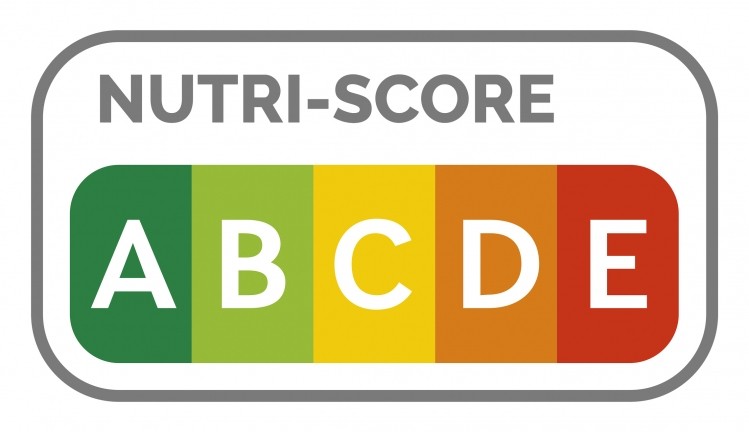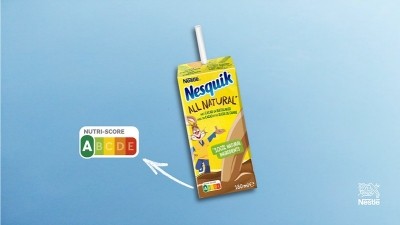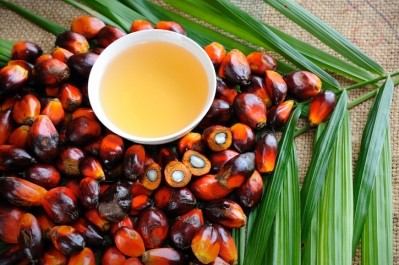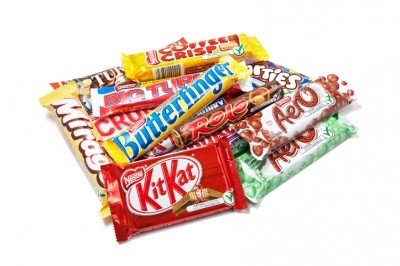Kellogg introduces Nutri-Score in France

Kellogg France has announced it will introduce the much-debated Nutri-Score labelling scheme on all of the packaging for its breakfast cereals and cereal bars sold in the country under the Kellogg's and Vérival brands.
The Nutri-Score logo will appear on packs from this year, with full implementation by the end of 2021. The company said the move will provide ‘simple and transparent nutritional information’ about its cereals and cereal snacks. Éric Le Cerf, Head of Market, Kellogg France, said: “We are proud to voluntarily adopt Nutri-Score in France. We are aware that consumers today expect more transparency from us and they want to easier to understand nutritional information. We believe that we have an important role to play in helping consumers to make informed choices in line with public health nutrition policy.”
Kellogg France has been working on a programme of reformulation for several of its recipes. Since the end of 2018, all recipes have been free of preservatives, artificial colours and artificial flavours, it said. At present, 16% of Kellogg's and Vérival recipes have a Nutri-Score A, 9% a Nutri-Score B, 39% a C, while 35% are D. Only one recipe is an E.
The move comes as part of Kellogg France’s new ‘Cultivons la Simplicité’ (Cultivating Simplicity) campaign. It has begun to source rice grown in the Camargue region in France to show ‘its strong commitment to French producers’. It has also launched Kellogg’s Extra Bio, a new range of organic granola's made up of three recipes using sustainably sourced cocoa and made without palm oil.
The European Consumer Organisation (BEUC) welcomed the move to adopt Nutri-Score, calling it ‘good news for French consumers’, but added it was a ‘pity’ the commitment won’t be applied to other markets where Nutri-Score has been endorsed by governments.
The Kellogg move also came as food giant Nestlé began its move to give around 5,000 of its products Nutri-Score labelling over the next two years in Germany, Austria, Belgium, France and Switzerland. “We want to make it easier for people to make a decision when shopping with a balanced diet,” said Thomas Göbel, Managing Director at Nestlé Wagner.
The Nutri-Score battle is set to rage on
Nutriscore classifies foods and beverages according to their nutritional profile by using a colour-coded system with a scale ranging from A (healthier choices) to E (less healthy choices). Critics complain the system discriminates against ‘healthy’ foods with a high-saturated content such as fish and olive oil. For example, Italy has warned the EU, which wants Nutri-Score rolled out on a mandatory basis throughout the region, that its famous Mediterranean diet is at risk from the system. Italians fear that Nutri-Score would harm iconic Italian products such as Parmesan cheese and olive oil which will be labelled as 'red'.
Italy’s government is proposing an alternative ‘battery’ labelling system, which instead of labelling foods green-to-red, details the percentage of energy, fats, sugars and salt in a recommended portion of food in relation to optimum daily intake. Italian food industry body Federalimentare President Ivano Vacondio said that this position on the traffic light labelling system “represents a fundamental step in the defence of Made in Italy".

















